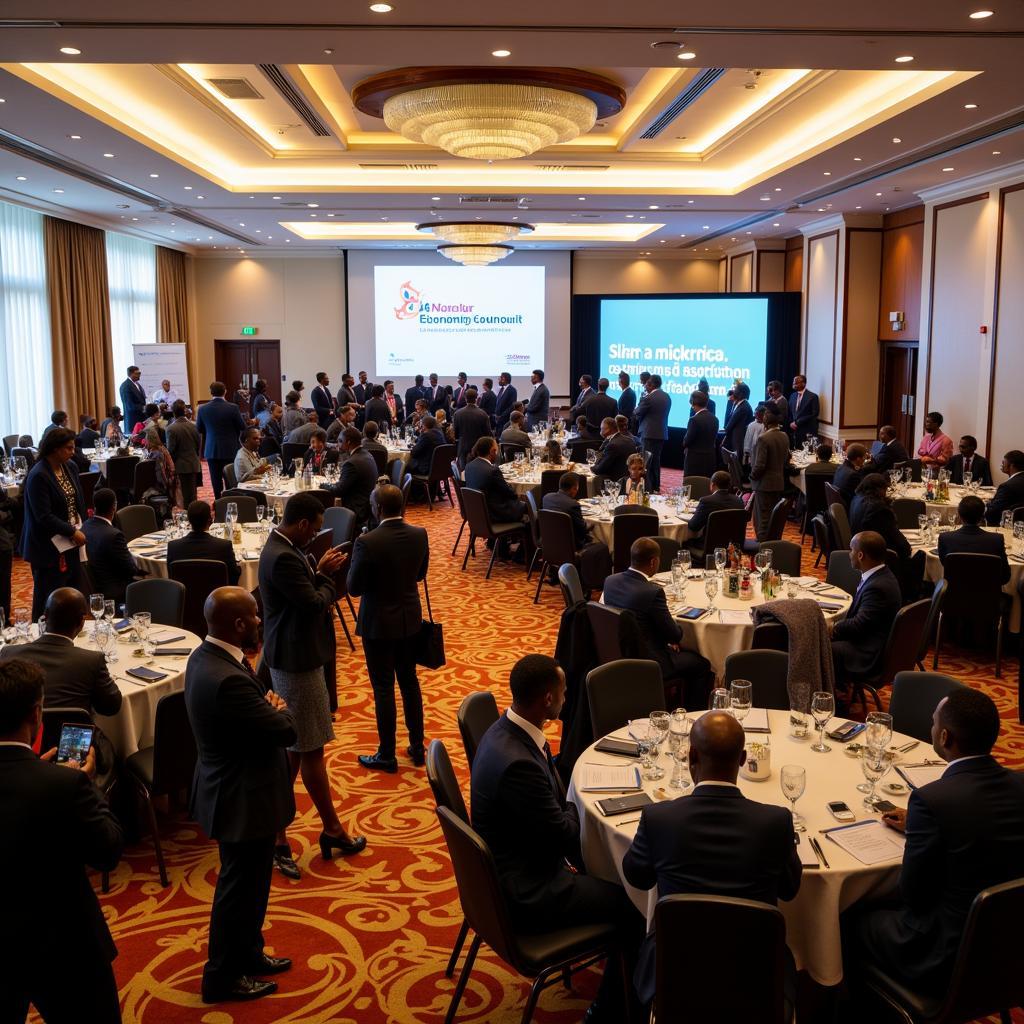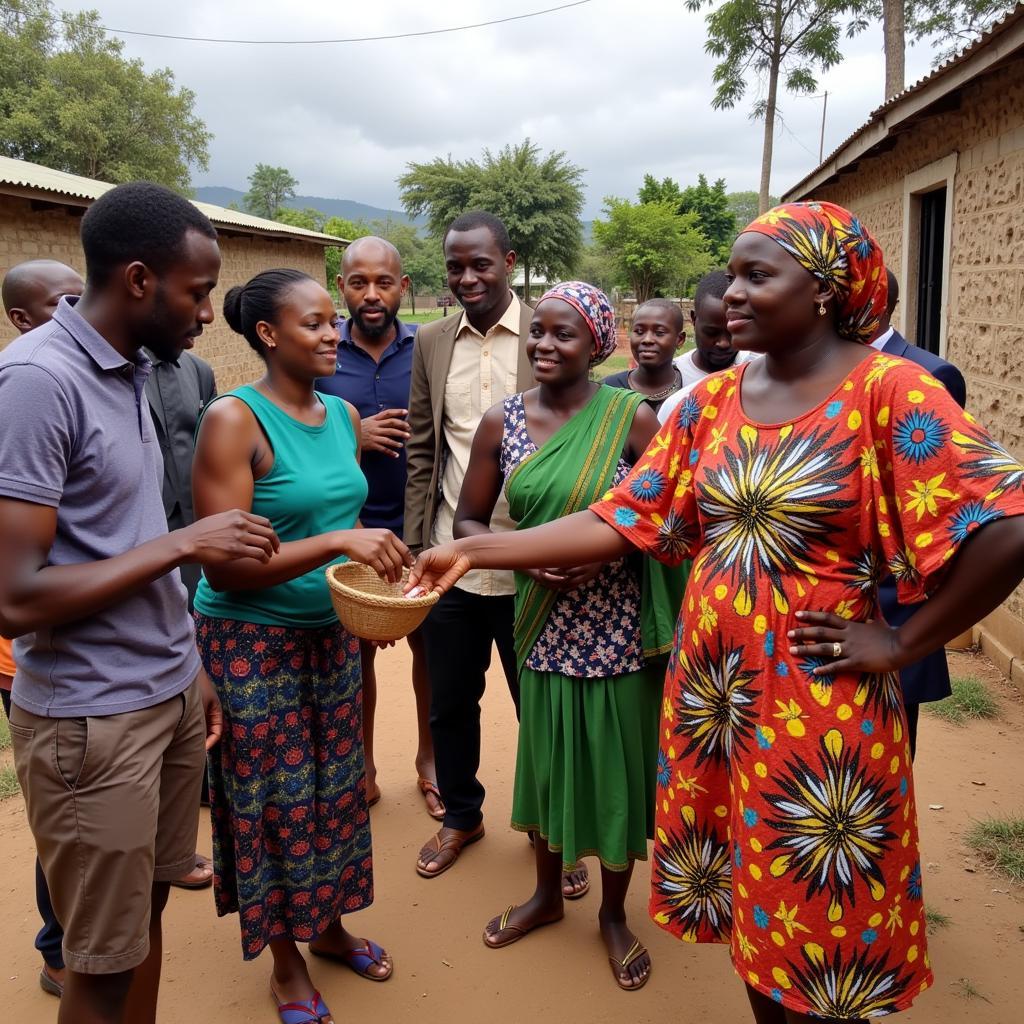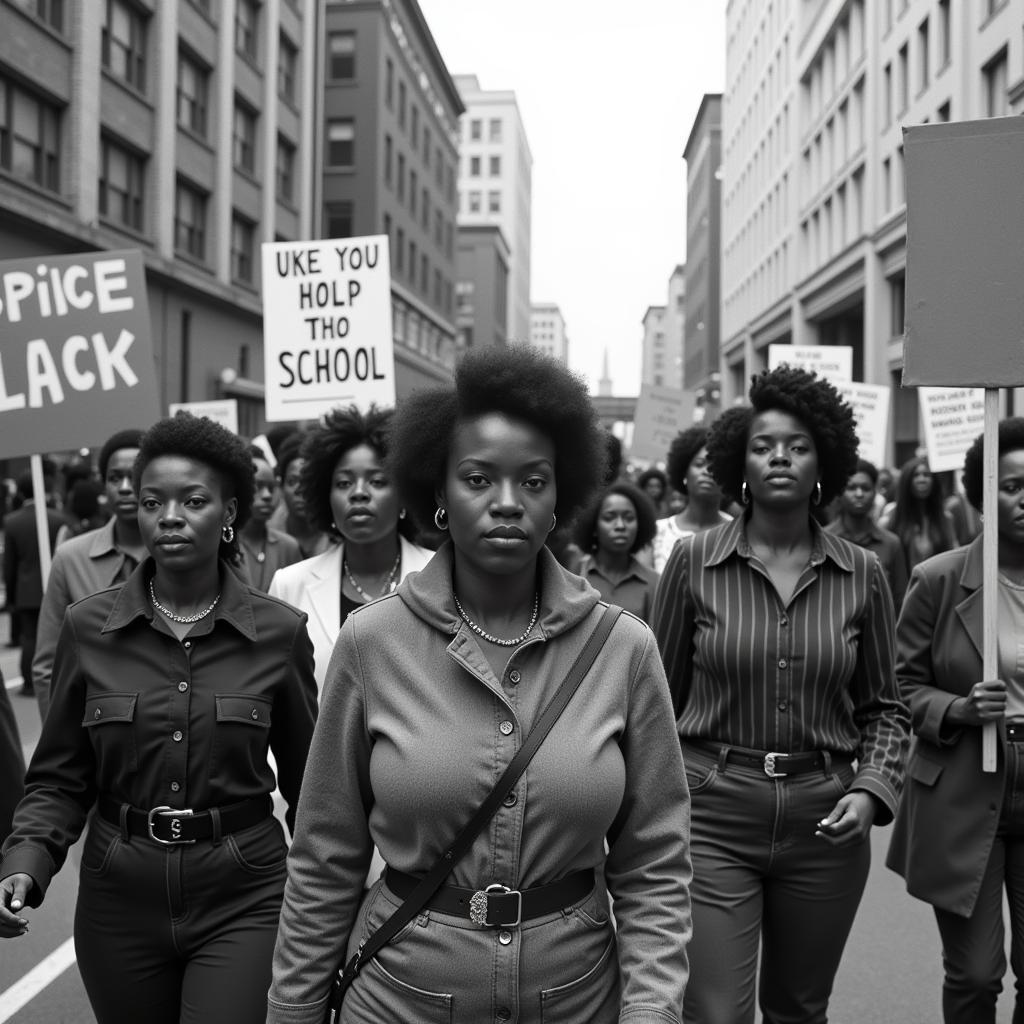Understanding the African Council: A Deep Dive into Its Roles and Significance
The term “African Council” can encompass a wide range of organizations operating within the diverse landscape of the African continent. These councils play pivotal roles in fostering collaboration, driving development, and addressing critical issues across various sectors. From promoting economic growth to preserving cultural heritage, African Councils serve as platforms for dialogue, decision-making, and collective action. This exploration delves into the multifaceted world of African Councils, examining their diverse functions, impact, and significance in shaping the continent’s present and future.
The Diversity of African Councils: A Spectrum of Purposes
African Councils are as diverse as the continent itself, reflecting the unique needs and priorities of different regions, sectors, and communities. They operate at various levels, from local community councils to continental bodies, each with distinct mandates and objectives.
1. Political and Governance Councils:
These councils focus on fostering political cooperation, regional integration, and conflict resolution. Examples include the African Union (AU), the East African Community (EAC), and the Economic Community of West African States (ECOWAS). These organizations work towards strengthening democratic governance, promoting peace and security, and advocating for African interests on the global stage.
2. Economic and Development Councils:
Driving economic growth, promoting trade, and tackling poverty are central to the work of economic and development councils. Key players include the African Development Bank (AfDB) and the United Nations Economic Commission for Africa (UNECA). These institutions provide financial assistance, technical expertise, and policy guidance to support sustainable development initiatives across the continent.
 African Council Economic Forum
African Council Economic Forum
3. Socio-Cultural and Heritage Councils:
Preserving Africa’s rich cultural heritage, promoting artistic expression, and addressing social challenges are the primary concerns of socio-cultural councils. The African Cultural Fund, for example, supports cultural initiatives and safeguards traditional knowledge. These councils work to promote intercultural dialogue, empower marginalized communities, and preserve the continent’s diverse artistic traditions.
Navigating the Challenges: The Complexities of Collaboration
While African Councils strive to achieve ambitious goals, they often navigate complex political landscapes, resource constraints, and the legacy of historical challenges.
1. Balancing National Interests with Regional Cooperation:
Harmonizing the diverse interests of sovereign nations within a framework of regional collaboration presents a significant challenge. Achieving consensus and ensuring equitable representation remain ongoing endeavors.
2. Addressing Capacity Gaps and Resource Mobilization:
Many African Councils face capacity gaps and limited resources, hindering their ability to fully implement programs and achieve their mandates. Innovative financing mechanisms and strategic partnerships are crucial to overcoming these hurdles.
 African Council Community Engagement
African Council Community Engagement
3. Ensuring Transparency, Accountability, and Good Governance:
Strengthening governance structures, promoting transparency, and ensuring accountability are vital for building trust and effectiveness. Citizen engagement and robust monitoring mechanisms are essential for holding councils accountable to the people they serve.
The Way Forward: Towards a More Integrated and Prosperous Africa
Despite the challenges, African Councils play an indispensable role in advancing the continent’s development agenda.
1. Fostering Innovation and Technological Advancement:
Embracing technological innovation and promoting research and development are essential for driving economic growth and addressing social challenges. Councils can facilitate knowledge sharing, technology transfer, and the creation of enabling environments for innovation to flourish.
2. Empowering Youth and Women:
Investing in education, skills development, and entrepreneurship opportunities for youth and women is crucial for unlocking the continent’s potential. Councils can champion gender equality, promote youth leadership, and create pathways for inclusive economic participation.
3. Strengthening Partnerships for Sustainable Development:
Collaborative partnerships between governments, civil society organizations, the private sector, and international development partners are essential for achieving sustainable development goals. Councils can serve as bridges, facilitating dialogue and coordinating efforts to maximize impact.
Conclusion: The Enduring Significance of African Councils
African Councils, in their diverse forms and functions, embody the continent’s spirit of unity, collaboration, and aspiration. As platforms for dialogue, policy formulation, and collective action, they play a critical role in shaping a future where Africa’s people can thrive. By addressing challenges head-on, embracing innovation, and prioritizing inclusive development, African Councils can pave the way for a more integrated, prosperous, and equitable continent for generations to come.
FAQ
-
What is the main purpose of the African Union? The African Union (AU) aims to promote unity and solidarity among African states, accelerate political and socio-economic integration, promote peace and security, and represent Africa’s interests on the global stage.
-
How does the African Development Bank support economic growth? The African Development Bank (AfDB) provides financial and technical assistance to African countries, investing in infrastructure development, supporting private sector growth, and promoting regional integration.
-
What are some examples of regional economic communities in Africa? Some prominent regional economic communities include the Economic Community of West African States (ECOWAS), the East African Community (EAC), and the Southern African Development Community (SADC).
-
How do African Councils address climate change? Many African Councils have integrated climate action into their development agendas, promoting renewable energy, sustainable agriculture, and climate resilience initiatives.
-
What is the role of civil society in African Councils? Civil society organizations play a vital role in advocating for citizen’s interests, providing expertise, and monitoring the work of African Councils.
Need assistance or have more questions about Africa? Reach out to us!
Phone: +255768904061
Email: kaka.mag@gmail.com
Address: Mbarali DC Mawindi, Kangaga, Tanzania
We have a dedicated customer support team available 24/7 to assist you.


